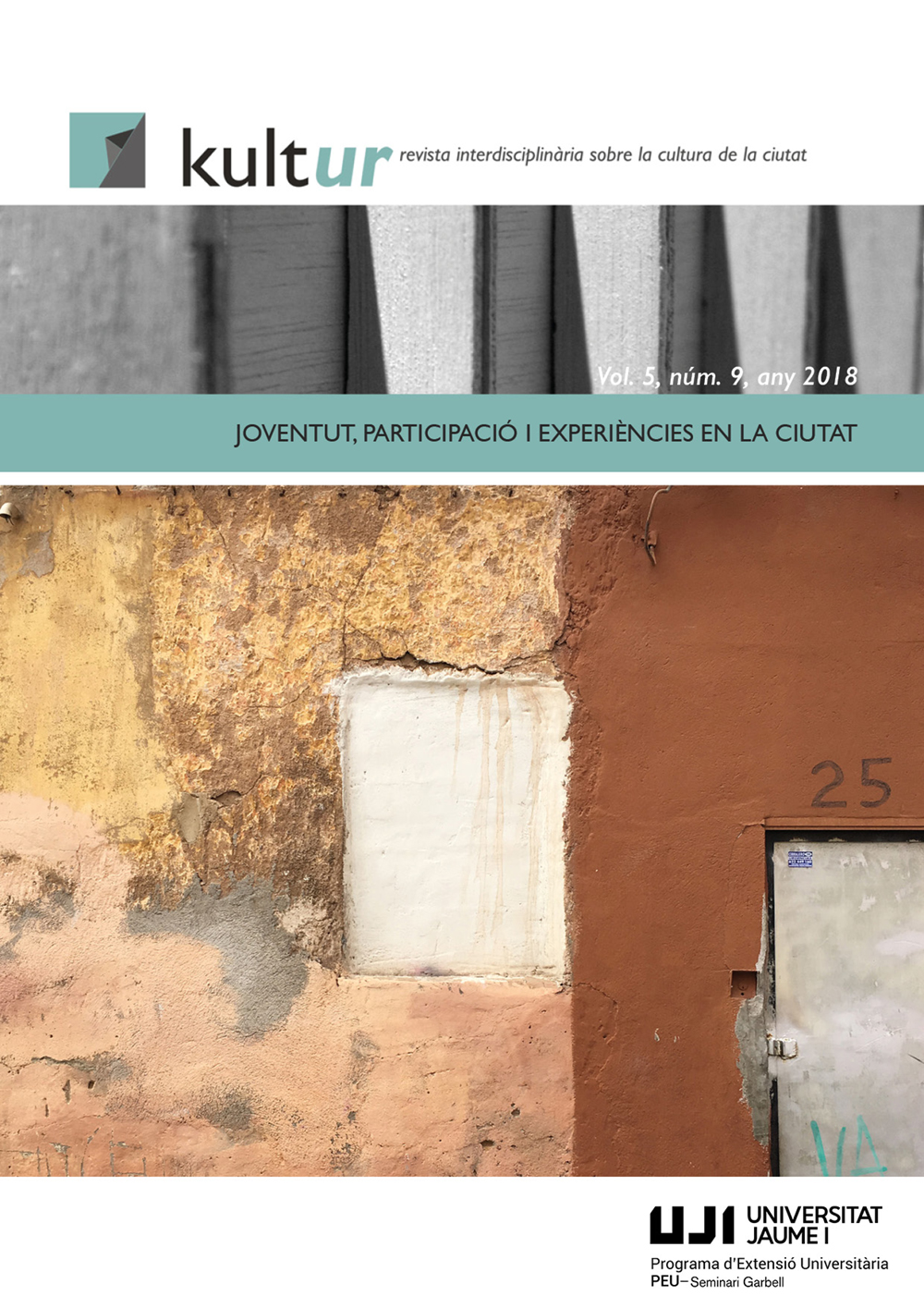Ephemeral Socialities: Social Navigation among Young Danes
##plugins.themes.bootstrap3.article.main##
Resum
This article analyses how young people get together in the spatial, temporal and social complexity of urban space. We suggest the term ephemeral urban socialities to understand how young people construct alternative socialities that are not embedded within an institutional mode of thinking or a formalised social setting. Based on anthropological fieldwork and empirical material generated in the Danish cities of Aarhus and Horsens by Anne-Lene Sand, we frame the analysis in a context where the development of urban space minimises social places that young people can define by and for themselves. This article investigates how young people come together socially in a context that seems to be highly regulated and planned, but that from another perspective is uncertain (Highmore, 2005; Lefebvre, 1994) and open to ludic interpretation (Stevens, 2007). The material is discussed through the lens of the Danish anthropologist Henrik Vigh’s concept of social navigation (2006, 2009) to understand young people’s mobile and changing social formations in the urban context. This article contributes knowledge about modern urban socialities in medium-sized northern European cities that, in the case of youth formations, cannot be described as groups or as territorial, but that are constructed through the desire to meet with “like-minded individuals”.
Descàrregues
##plugins.themes.bootstrap3.article.details##
.png)
Tots els continguts de la revista kult-ur se distribueixen sota una llicència d'ús i distribució Creative Commons Atribució-Compartir Igual 4.0 Internacional (CC BY-SA 4.0), excepte indicació contrària. Pot consultar ací la versió informativa i el text legal de la llicència. La indicació de la llicència d'ús i distribució CC BY-SA 4.0 ha de constar expresament d'aquesta manera quan siga necessari.


